Most applicants for Malta’s cash-for-passports programme who applied for citizenship via Henley & Partners during the first years of the scheme came from countries where obtaining another country’s passport is illegal or frowned upon.
Leaked documents from Henley & Partners, Malta’s concessionaire for the citizenship through investment scheme introduced by the Labour administration in 2013, show that out of the 2,325 applications, which includes completed, terminated, withdrawn and declined applications, more than 1,300 come from Saudi Arabia, China or Russia – three countries that do not allow dual citizenship, unless through special permission.
The documents were provided to The Daphne Caruana Galizia Foundation by a whistleblower and have been investigated by a consortium of national and international journalists and media platforms, including The Shift.

The leak also shows that a number of individuals coming from countries where dual citizenship is illegal, or only allowed through a special permit, were more than happy to send out applications to multiple jurisdictions, including Malta, hoping that at least one country would accept.
Henley & Partners’ correspondence, internally as well as with third party agents, clients and Maltese regulators shows that when issues arose, “face-to-face” meetings with Identity Malta employees were encouraged to iron out problems.
The investigation found multiple examples of individuals, sometimes including entire families, who acquired Maltese citizenship despite coming from countries like China, Russia and Saudi Arabia.
Henley & Partners has stated it does not give legal advice on laws in any country. The global passports firm said it abides by all laws and regulations in all the countries in which it operates, adding that client agreements confirm that applicants must get individual and independent legal advice.
The onus of the dual citizenship issue is placed on the Maltese government and the individuals submitting the application. The government had set up an Individual Investor Programme, led by an ‘independent’ Board where most of the members are close associates of the governing Labour Party.
Questions sent to the Maltese government by the journalists investigating the Passport Papers leak received no reply.
In Saudi Arabia, dual citizenship puts ‘loyalty into question’

With 229 applications in the leak, Saudi Arabia accounts for the second-largest number of applicants. For Saudi nationals, acquiring another country’s citizenship is illegal, unless special permission is sought.
Local Saudi sources who spoke with The Shift explained that members of the public would not be aware of this special permission. Even if aware, most would not dare apply fearing it would be considered “treacherous”:
“Since Mohammed Bin Salman is in power, applying for another citizenship is often used as a weapon against those individuals. They are no longer deemed to be allies and their loyalty is seriously put into question.”
This ‘weapon’ was mentioned in one of the most recent high profile cases involving Saudi national Walid Fitaihi who was convicted by the courts on charges that include “obtaining US citizenship without permission” citing “disobedience against the State’s rulers”.
Fitahi was arrested in 2017 under Bin Salman’s anti-corruption campaign and faced up to six years in prison.
The Shift, through The Daphne Caruana Galizia Foundation, has reached out to Mishaal Bin Khalid F. Al-Saud, a Saudi prince who tried getting a Maltese passport in 2017. The prince confirmed that he had intended to get Maltese citizenship “for the sole purpose of easing my frequent business travels through Europe and other countries”.
He then said he had decided to “immediately suspend” his application when he ‘came to know’ that it was “illegal to hold two nationalities in Saudi Arabia”.
Like Al-Saud, there are others from Saudi Arabia who, for some reason, decided to withdraw their application.
As a source in Saudi Arabia explained, not all individuals applying for a Maltese, or any other country’s passport, are doing so maliciously or because they fell out of favour with the royal family. There are multiple genuine applicants who have been desperately seeking a way out of the country, perhaps due to oppression or abuse, and found in Malta a means to escape.
In Russia, dual citizenship is ‘unpatriotic’
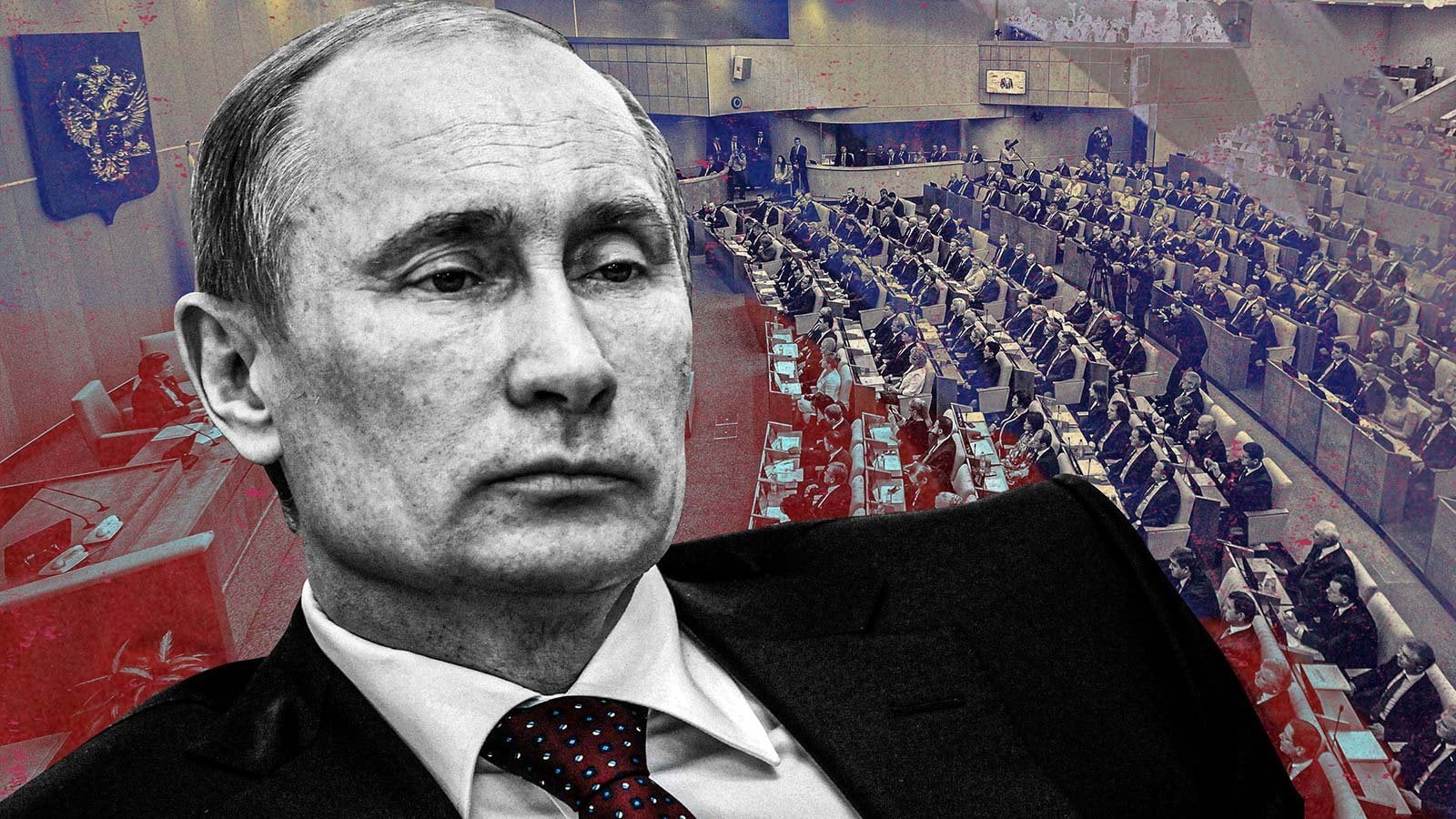
Similarly, in Russia, acquiring another country’s citizenship is ‘not ideal’, especially for high ranking individuals connected to the administration.
A source who spoke with The Shift said that since the relationship between the EU and Russia is “far from friendly”, trying to get citizenship of an EU country can be looked at the wrong way, “especially if the persons applying for citizenship have publicly declared their patriotism”.
Although technically legal, a Russian who gets second citizenship has to face a long list of restrictions.
“The applicants and their spouses cannot be elected as members of parliament. And in 2020 [Russian President Vladimir] Putin suggested a law that forbids people with second citizenship from working as State and municipal employees.”
Putin also suggested that Russians who acquire second citizenship cannot become members of private military companies (PMCs), employees of the Federal Guard Service, the Federal Security Service, the Federal Protective Service, the Ministry of Internal Affairs, the Federal Investigative Committee, the prosecution, diplomatic personnel and ombudspersons for human rights and children’s rights.
This law is currently being debated in parliament and indications are it is likely to pass.
In China, harsh laws do not allow second passport
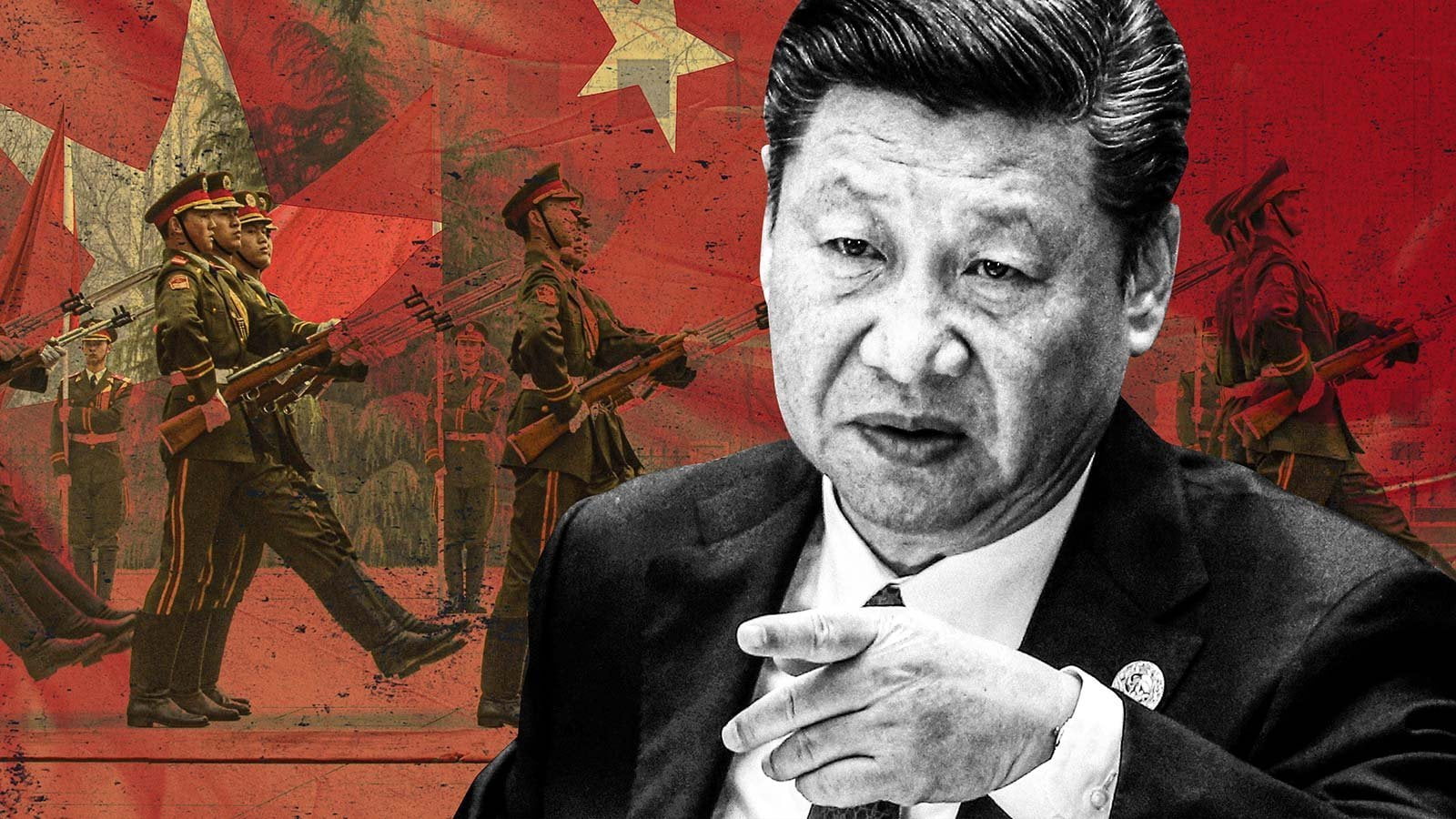
The laws on dual citizenship in China are quite harsh. Article 9 of the Nationality Laws for the People’s Republic of China states that any Chinese national who has settled abroad and who has been naturalised as a foreign national or has acquired foreign nationality of his own free will shall automatically lose Chinese citizenship.
Article 12 of the same law does not allow State functionaries and military personnel to renounce Chinese nationality. Article 13 then states that “foreign nationals who once held Chinese nationality may apply for restoration of Chinese nationality if they have legitimate reasons” and “those whose applications for restoration of Chinese nationality have been approved, shall not retain foreign nationality”.
More than 270 Chinese nationals have applied for Maltese citizenship, according to the data in the leak, making it one of the highest in the list of nationals applying for a Maltese passport through Henley & Partners.
The fishnet approach
There are other applicants coming from countries where having dual citizenship is illegal or problematic, but China, Russia and Saudi Arabia are the top three countries in the list of applications for Maltese passports through Henley & Partners, according to data leaked to the Foundation.
Documents and email correspondences in the leak suggest that a significant number of applicants, some 100, were already in possession of joint citizenship with St. Kitts and Nevis, where Henley & Partners also sells citizenship.
Some individuals seem to have adopted a ‘fishnet approach’ when attempting to acquire a secondary passport, where they applied in different countries simultaneously. Many applicants failed to specify St. Kitts and Nevis as their primary nationality despite being in possession of a passport from the country.
US citizenship was also very common among the applicants, like the Shair family from Lebanon, whose members applied for a Maltese passport while they already held US passports, and in the case of some members, Jordanian passports.
The Antropov family from Russia has dual citizenship with St. Kitts and Nevis and so does the Konenko family which also holds US passports. They all applied for a Maltese passport, which opens access to EU countries.
Henley & Partners, first out of the gate
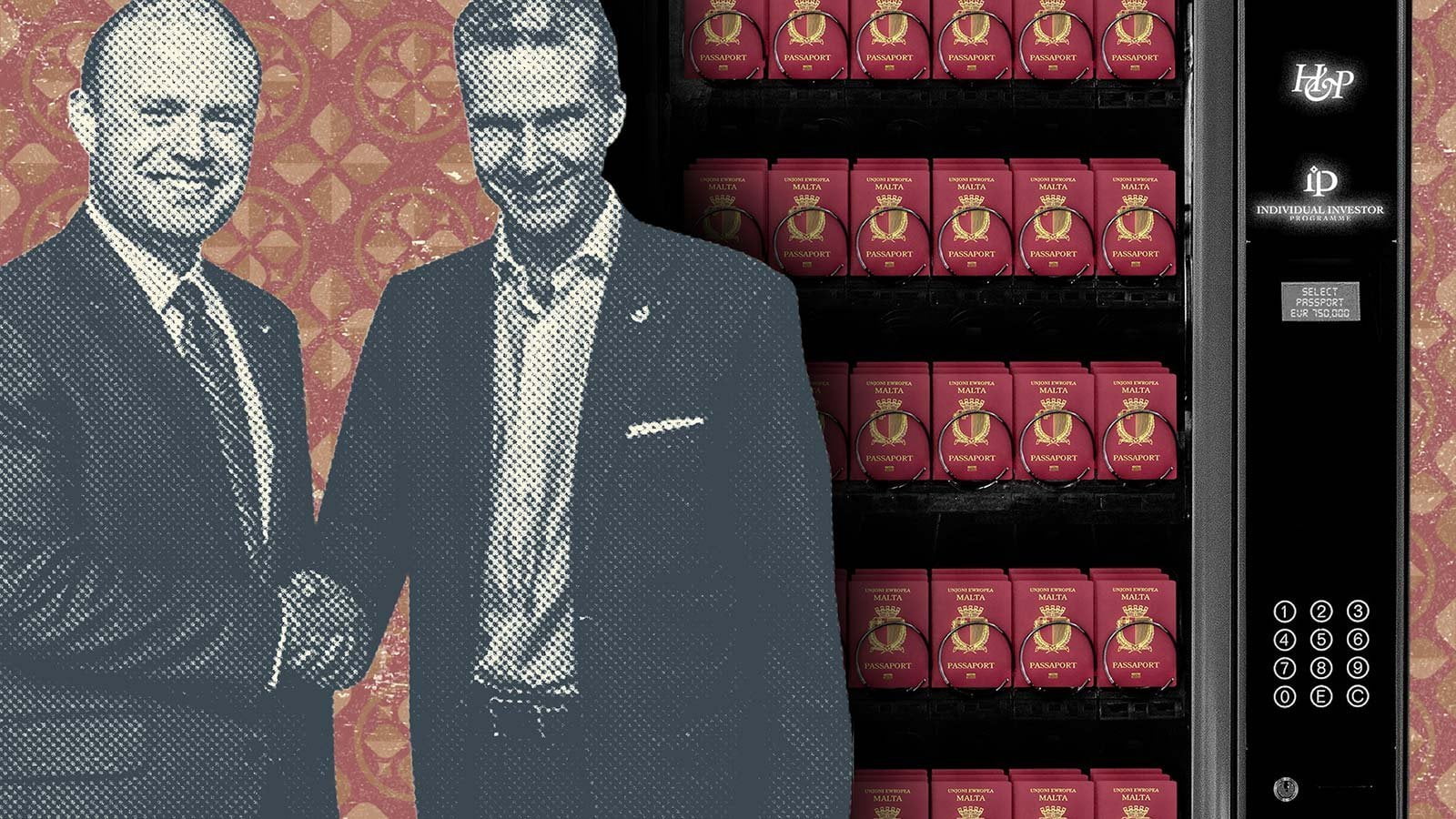
Before the scheme was even launched in Malta, D. Hassan El Amil from Dubai had paid a €10,000 retainer up-front, before the MIIP was even approved, to be in line as the first client receiving a Maltese passport.
Henley & Partners sent a circular to staff notifying them of the concession contract with the government and advising them they can start pitching to clients, start the application process, and take money from them before the project was even launched.
The concessionaires were approving clients “in principle” before the programme was even launched.
“Given the recent good news about H&P securing a long term Public Services Concession Contract with the Government of Malta, we may now start talking about this opportunity with potential clients. Official procedures will be provided to you in the coming days, but suffice it to say that you may initiate the process of completing a J1 form and, upon approval, the client may remit an initial retainer of €10,000 to HSBC Euro account in Jersey. Once we are properly set up and have all our bank accounts ready in Malta, we will provide updated instructions for fund remittances.”
In replies to the questions sent by the consortium investigating the leak on the workings of Henley & Partners, former prime minister Joseph Muscat repeated the line that the company has the “toughest” due diligence in the sector.
In the case of a Chinese applicant, concerns were raised about a large sum of money transferred to her from an “unofficial partner”, according to the leaked documents. She refused to provide further information on where it came from or to declare the name of the person who gave it to her.
Henley & Partners employee Jennifer Stannard told the representative of the applicant that the matter would be discussed in a “face-to-face meeting with [CEO of Malta Individual Investor Programme] Jonathan Cardona” as “it’s best to wait to discuss this issue personally with him”.
The Passport Papers consortium asked Cardona why such cases should be discussed “face to face” but no reply was received.
In the case of Aleksi De Monderik, Henley & Partners discussed arranging meetings with Cardona and the prime minister to discuss “any future business opportunities”. De Monderik is CEO of Kaspersky Lab Ltd, a Russian multinational cybersecurity and anti-virus provider headquartered in Moscow.
Rental requirements: Ticking the box

Under the terms of the scheme, the applicant must either buy a property with a minimum value of €750,000 or rent a property with a minimum annual rent of €16,000, retaining it for five years.
The leaked documents show that applicants would often opt for properties that just scraped over the threshold, and were far from the luxury properties associated with globetrotting high net worth individuals.
Chinese citizen Xiankun Zheng, for example, was renting a flat on Locker Street, Sliema, for €1,500 a month – his application included 12 individuals, with six children and two dependents, all in this one apartment.
Fahad Abdulaziz Alajlan, whose home in Riyadh, Saudi Arabia, is described as a “complex of luxury residences” built from glass and marble, seemed content to rent an apartment on a nondescript side street in Attard, complete with half-finished construction work.
Identity Malta, now rebranded to Community Malta Agency, and Jonathan Cardona had approved multiple applicants from the same family, using the same Malta address on their application.
An email from Henley & Partners’ managing director in Switzerland related to the case of Russian applicant Irina Prutkova and her family read:
“They can rent one common apartment. This was already pre-discussed with Identity Malta and approved by Jonathan Cardona. You will have to search for one common apartment for them as I have described in my previous e-mail.”
The nine-person strong Sallah family from Saudi Arabia, consisting of three separate applicants and their dependents, all rented the same Sliema apartment valued at €32,000 per year.
In the case of US citizen August Christopher Meyer, it was clear that the property section of the application seemed to be an exercise of ticking the box. On his property search mandate form in the budget section, he wrote:
“I don’t care. What is least expensive which complies w/programme.”
Replying to questions, Henley & Partners said: “Ultimately it is the responsibility of the countries involved to investigate and vet applicants. As a private company, we are neither required by law to do so, nor do we have access to the same level of background information, contacts and resources that government authorities have”.
“Even so, our processes are well documented and are significantly more advanced than those of the majority of other investment migration industry participants, and they do regularly result in the rejection of potential clients — a position on which we pride ourselves.” (Read Henley & Partners statement below.)
This is a joint investigation by The Shift and other partners, coordinated by the Daphne Caruana Galizia Foundation. The production of this investigation was supported by a grant from the Investigative Journalism for Europe (IJ4EU) fund.
Investigation for The Shift by Gabriel Schembri, Alice Taylor and Caroline Muscat.

‘On the record’ statement by Henley & Partners
We reached out to Henley & Partners with a series of “on the record” questions. They responded with 21 (we counted them) pages of “off the record” explanations, denials, refusals to divulge and references to legal action to which they might resort.
They also supplied the “on the record” statement below, as well as insisting that the substance of their “off the record” response is taken into account in our reporting.
For the time being, their statement is published as received, while we reserve the right to use their somewhat more revealing response as and when we deem it necessary:
“Henley & Partners is proud of the service that it has provided to Malta and its people. We assisted the Maltese government in the creation of a remarkably successful sovereign financing and economic innovation platform, raising hundreds of millions of Euros in debt-free capital without which healthcare, social, and cultural investments would not have been possible to make to the extent that they have been in recent years.
The direct injection of debt-free liquidity into a sovereign wealth fund (rather than increasing the debt burden for future generations) has allowed Malta to be more autonomous with its monetary and fiscal policy than would have otherwise been the case. It creates a safety net against the volatility that countries around the world are having to manage, which is particularly damaging to smaller, tourism- and global- trade-reliant economies such as Malta.
We are fully aware of the potential inherent risks in handling client applications for residence and citizenship and have invested significant time and capital in recent years to create a governance structure that is committed to the highest of standards, with due diligence at its heart.
However, ultimately it is the responsibility of the countries involved to investigate and vet applicants. As a private company, we are neither required by law to do so, nor do we have access to the same level of background information, contacts, and resources that government authorities have. Even so, our processes are well documented and are significantly more advanced than those of the majority of other investment migration industry participants, and they do regularly result in the rejection of potential clients — a position on which we pride ourselves.
It is fundamentally false and potentially defamatory to suggest that there is a systemic problem, or that the programs we are involved in are for nefarious purposes. They are not. In reality, and while we continually strive to do better, proportionately only a very small percentage of applications — significantly less than 1% of all applications over a period of many years — have later been called into question or been found to have been potentially misused, as is evidenced in multiple independent analyses.
We assist hundreds of clients each year to enhance their mobility, personal security, and quality of life, nearly all of whom can be characterized as positive actors who have created businesses, jobs, and significant societal value. They do so additionally by also investing in the countries we introduce them to. Henley & Partners makes a positive contribution to the societies and economies of host countries through this very valuable form of immigration, of which more, not less, is required globally.”

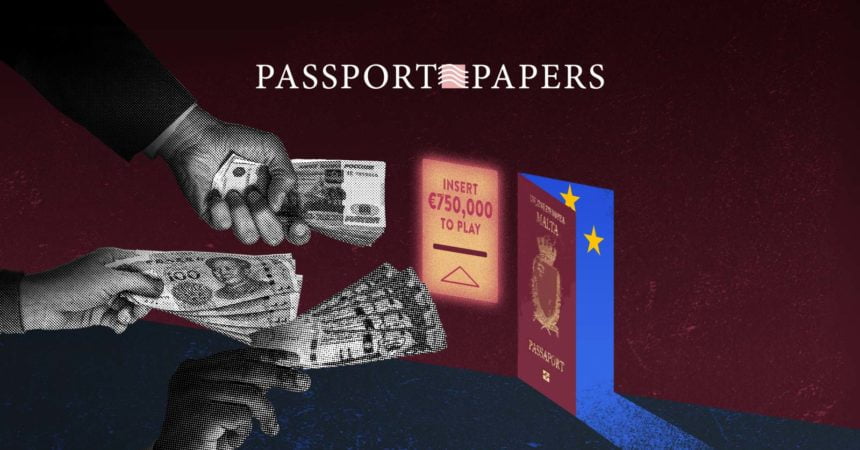

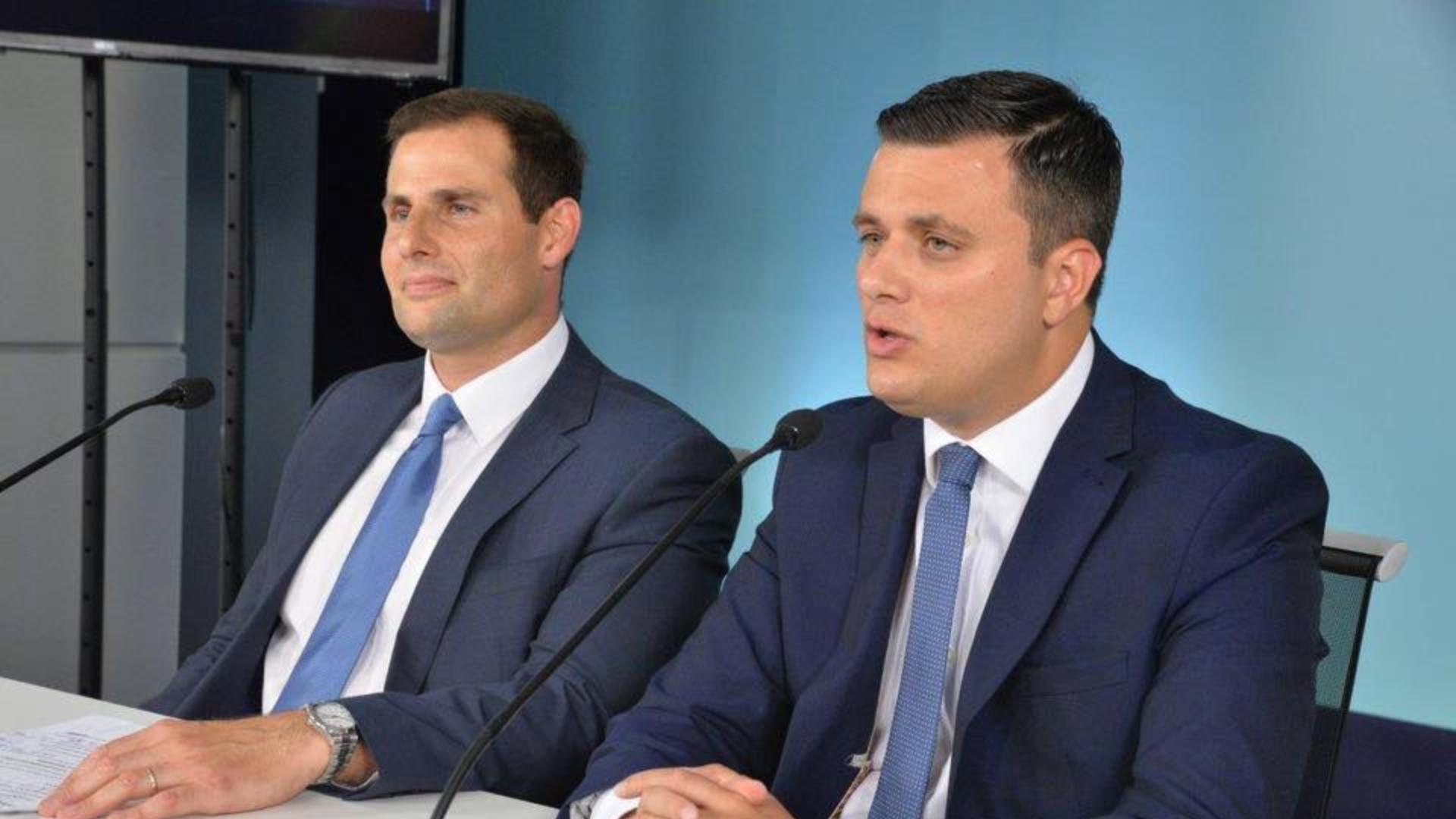










Well done guys. Absolutely well done. Just as a reminder to those who continue to look the other way, Joseph Muscat was intricately involved in this. And for those continuing to call MePs traitors, they’re not the one selling Maltese passports under false pretences. If you’re so patriotic, this should enrage you. If you’re pragmatic, you will understand that coming from Malta will (and is on the way to) end up being a massive disadvantage. For all those waving a Maltese flag and sticking up two fingers at the world (ghax ahna independenti, even if we can’t decide when we actually became independent), foreign companies won’t be so keen to come here and invest, unless they have reason to hide what they’re doing. Although that does fit in well with the Maltese psyche. And Eddy, Saviour, Ronnie and all you flag wavers, this is the truth and it’s not PN rhetoric, nor is it jealousy.
OUR PN MEP’s are MALTA HEROS!
Spot on!
Another example of what kind of people we get.
Good effort, good reporting, but still a lot to do.Using your excellent investigative skills how much revenue was raised through this corrupt business? Who was responsible for accumulating the monies in the fund? How was it dispersed and whom were the recipients? Don’t forget both LP and PN businesses were involved in selling the passports. The basic adage of “follow the money” will most likely be an eye opener.
Well done to the Shift team and other journalists responsible for these leaks concerning such dirty business So as better to get an idea of Henley & Partners’ background it is worth reading the book “Money Land – why thieves and crooks now rule the world & how to take it back” by Oliver Bullough published by Profile Books.Christian Kalin’s name features quite prominently.
impressive